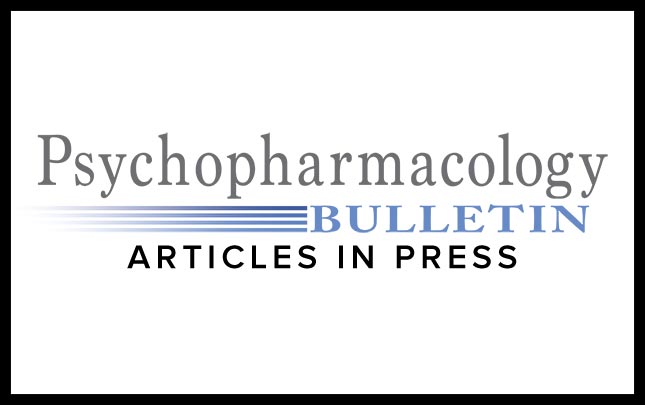By Sofia Medrano, Amal Abdel-Baki, Emmanuel Stip, and Stéphane Potvin
Abstract
Poor adherence to antipsychotics, which affects outcome, is frequent in first episode psy- chosis (FEP). Most randomized studies demonstrate no superiority of long-acting injectable antipsychotics (LAI-AP) over oral antipsychotics (OAP). However, participants in these stud- ies represent a minority of patients who may benefit from LAI-AP. Mirror and naturalistic studies generally demonstrate efficacy of LAI-AP on more representative samples, but studies on FEP are scarce. Aim: To describe LAI-AP’s utilization and impact on FEP outcome in a naturalistic setting. Methods: A 3-year longitudinal prospective and retrospective descriptive study of all consecutive admissions from two Early Intervention Services for psychosis (EIS) in Montréal, Canada, compared the characteristics and evolution of patients who received LAI- AP for at least 12 months to those who received OAP only. Results: From 375 FEP patients included, 26,7% received LAI-AP during their follow-up. They were more likely to have poor prognostic factors (male gender, lower premorbid functioning, homelessness, substance use disorder and schizophrenia spectrum diagnoses). Despite a more severe illness and lower functioning in the LAI-AP group, at admission and study endpoint, clinical and functional improvements were observed. Conclusion: Early prescription of LAI-AP seems beneficial in FEP with poor prognostic factors.




Leave A Comment